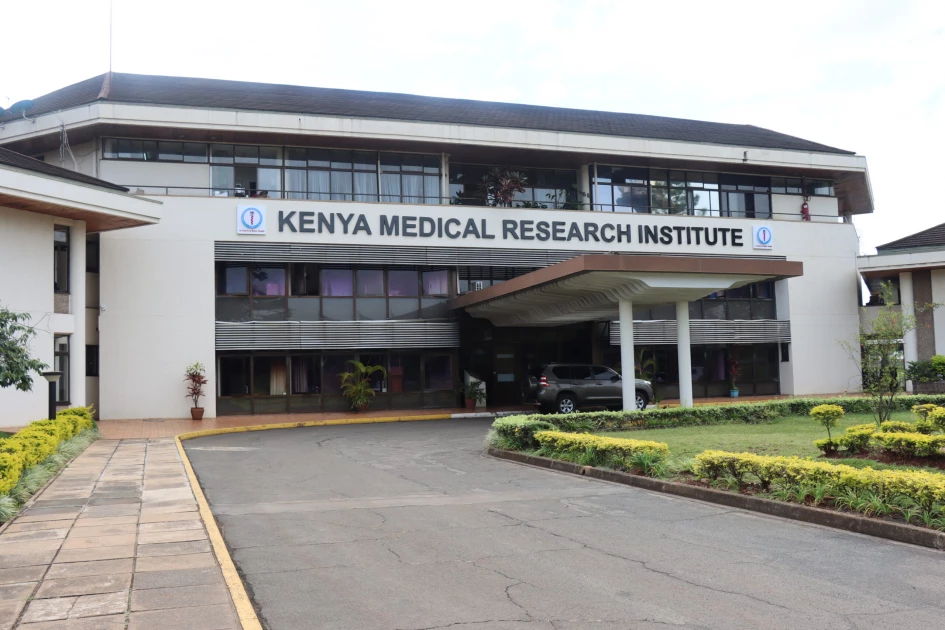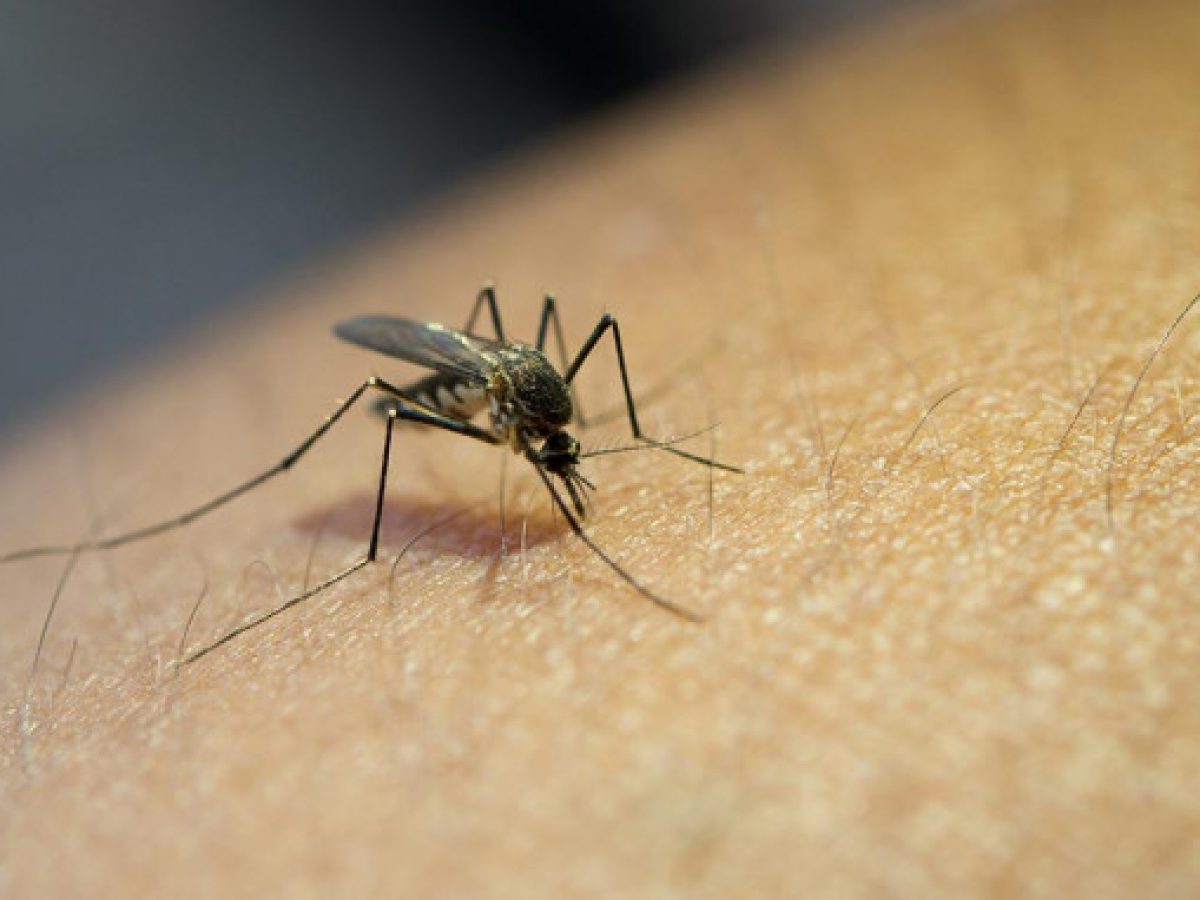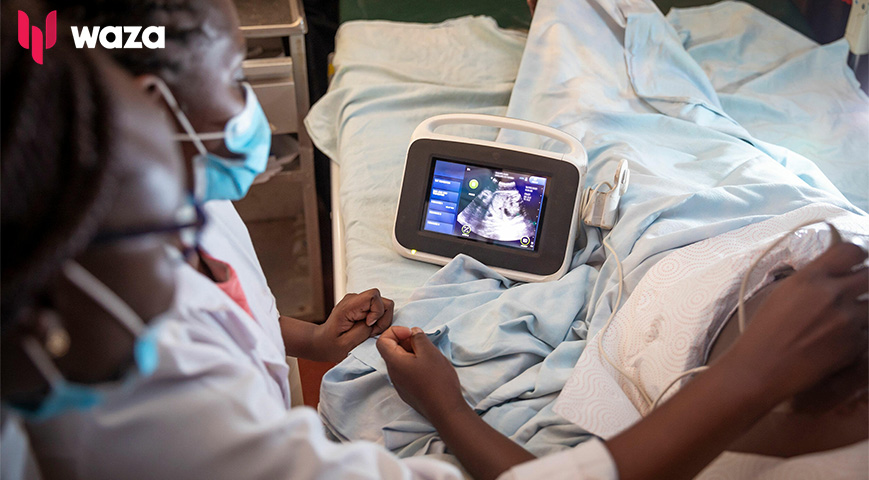Pregnant HIV-positive women may not be able to contract malaria if a novel antibiotic medication is developed.
Scientists recommend that daily doses of co-trimoxazole alongside anti-malarial drug dihydroartemisinin–piperaquine can prevent transmission of the killer disease among HIV+ pregnant women living in Malaria-endemic regions.
Researchers from the Kenya Medical Research Institute (KEMRI), Liverpool School of Tropical Medicine (LSTM), Kamuzu University of Health Sciences, and Malawi University of Science and Technology published a study in The Lancet that prompted the current development.
According to World Vision International, "co-infections with Malaria and HIV/AIDS have major health implications, especially on children and pregnant women."

Did you read this?
"However, its efficacy in sub–Saharan Africa is threatened because Malaria parasites are becoming increasingly resistant to the drug," KEMRI said in a statement to newsrooms on Tuesday.
Prof. Elijah Songok, Acting Director General of KEMRI, expressed gratitude for the recent discovery, which will give researchers another weapon in the fight against malaria.
"We celebrate these findings that propose additional arsenal against a disease that risks about 70 percent of our population, malaria in pregnancy can cause a host of serious health complications, including miscarriage, stillbirth, pre-term delivery and growth restriction of newborn babies, and co-infection with HIV increases doubles these risks," said Prof. Songok.
Lead author of the recently published paper in The Lancet, Dr. Hellen Barsosio, KEMRI Clinical Research Scientist, expressed similar thoughts.

"These findings are very encouraging. Not only did we find that adding dihydroartemisinin–piperaquine to co-trimoxazole was safe and prevented two out of every three Malaria infections during pregnancy, it was also very well tolerated by pregnant women, which is very important when a drug is given for prevention," she said.
"The study could lead to a much needed policy change that could make a real difference in improving maternal and newborn health in Africa."
According to the trial, pregnant patients who received daily co-trimoxazole plus monthly dihydroartemisinin–piperaquine had 68% fewer malaria cases during their pregnancy than those who received daily co-trimoxazole alone as the standard of care.









